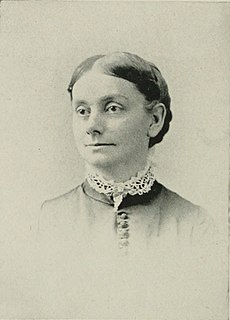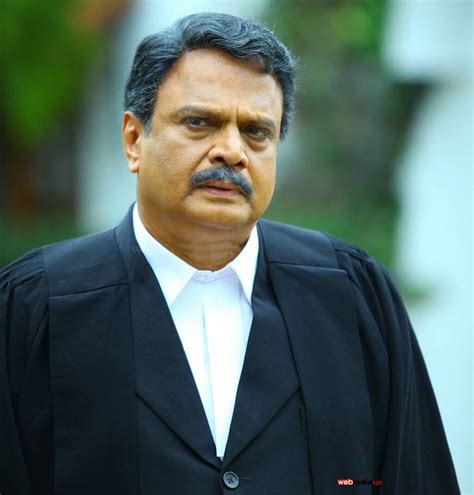A Quote by Henri Nouwen
In our own woundedness, we can become sources of life for others.
Related Quotes
Nobody escapes being wounded. We are all wounded people, whether physically, emotionally, mentally, or spiritually. The main question is not, 'How can we hide our wounds?' so we don't have to be embarrassed, but 'How can we put our woundedness in the service of others?' When our wounds cease to be a source of shame, and become a source of healing, we have become wounded healers.
We come unbidden into this life, and if we are lucky we find a purpose beyond starvation, misery, and early death which, lest we forget, is the common lot. I grew up and I found my purpose and it was to become a physician. My intent wasn't to save the world as much as to heal myself. Few doctors will admit this, certainly not young ones, but subconsciously, in entering the profession, we must believe that ministering to others will heal our woundedness. And it can. but it can also deepen the wound.
Everyone has noticed how hard it is to turn our thoughts to God when everything is going well with us... While what we call 'our own life' remains agreeable, we will not surrender it to Him. What, then, can God do in our interests but make 'our own life' less agreeable to us, and take away the plausible sources of false happiness?
How strange that we should ordinarily feel compelled to hide our wounds when we are all wounded! Community requires the ability to expose our wounds and weaknesses to our fellow creatures. It also requires the ability to be affected by the wounds of others... But even more important is the love that arises among us when we share, both ways, our woundedness.
Happiness, the goal to which we all are striving is reached by endeavoring to make the lives of others happy, and if by renouncing the luxuries of life we can lighten the burdens of others.... surely the simplification of our wants is a thing greatly to be desired! And so, if instead of supposing that we must become hermits and dwellers in caves in order to practice simplicity, we set about simplifying our affairs, each according to his own convictions and opportunity, much good will result and the simple life will at once be established.
In the end, we learn about the most basic philosophical questions - like "How to live?" - from a broad mixture of sources, including literature and philosophy, history and anthropology. These sources can guide our reflections on our own experiences, as we explore and reconsider. Mann contributed to such explorations in a distinctive way, and I hope my book brings that out.
I am fond of reminding my yoga students of the saying "It takes one to know one" when they become lost I condemnation and judgment of others. The world that we perceive is a reflection of our own states of mind and reveals our own level of consciousness. The world is little more than a Rorschach blot in which we see our own desire systems projected. We see what we want to see. (116)
We need others for our physical, emotional, and spiritual well-being. Without others we are nothing. Our sense that we are an island, an independent, self-sufficient individual, bears no relation to reality. It is closer to the truth to picture ourself as a cell in the vast body of life, distinct yet intimately bound up with all living beings. We cannot exist without others, and they in turn are affected by everything we do. The idea that it is possible to secure our own welfare while neglecting the welfare of others, or even at the expense of others, is completely unrealistic.
Right from the moment of our birth, we are under the care and kindness of our parents, and then later on in our life when we are oppressed by sickness and become old, we are again dependent on the kindness of others. Since at the beginning and end of our lives we are so dependent on other's kindness, how can it be in the middle that we would neglect kindness towards others?



































